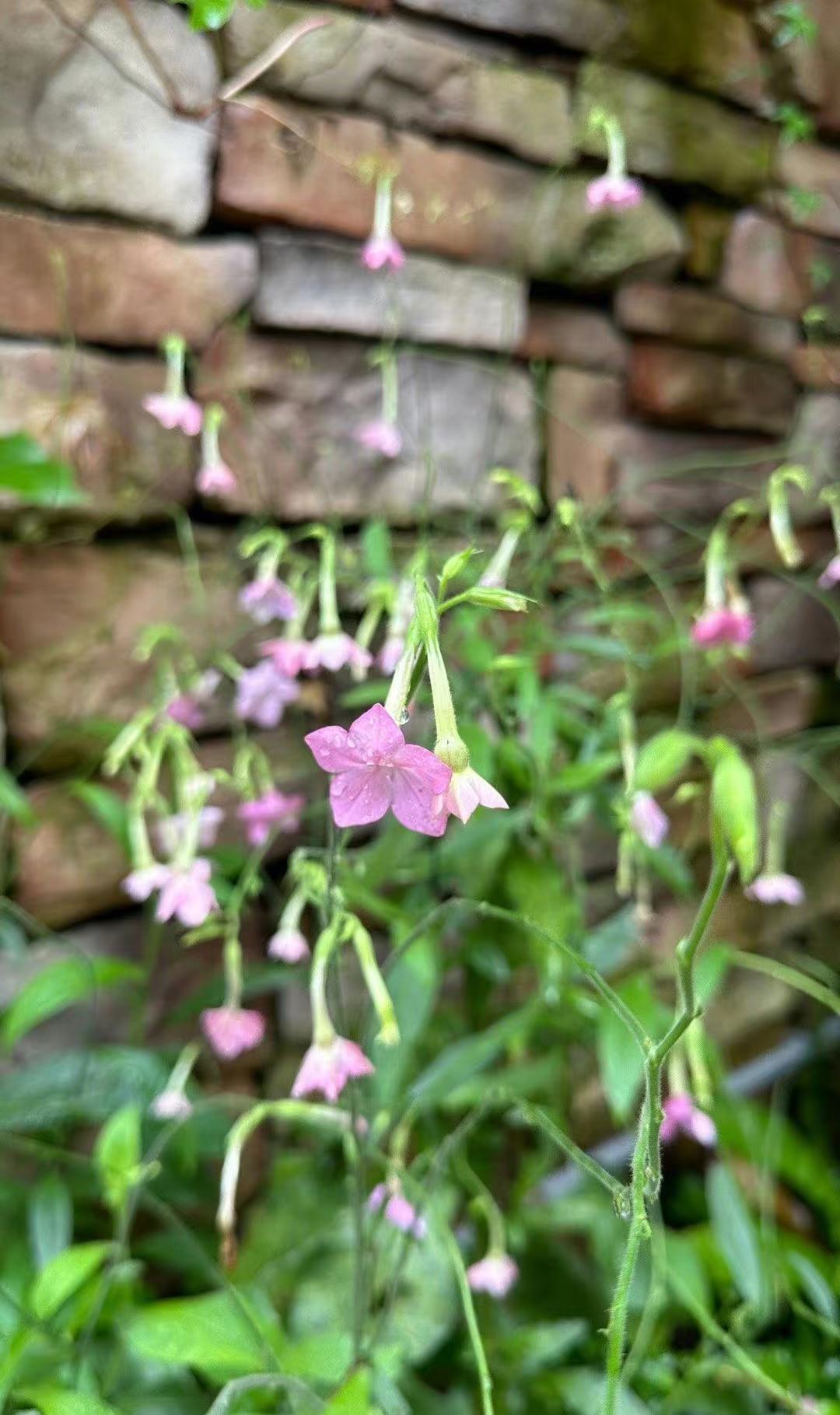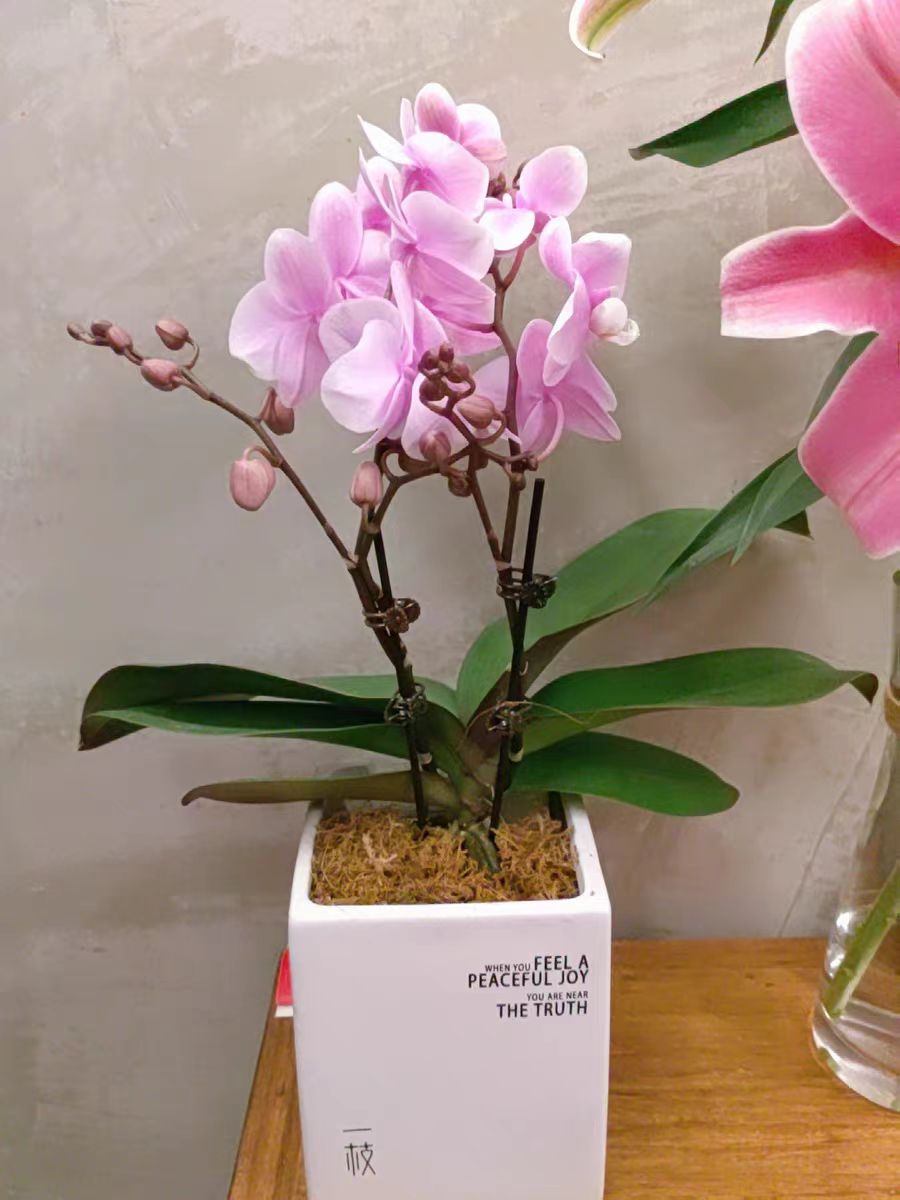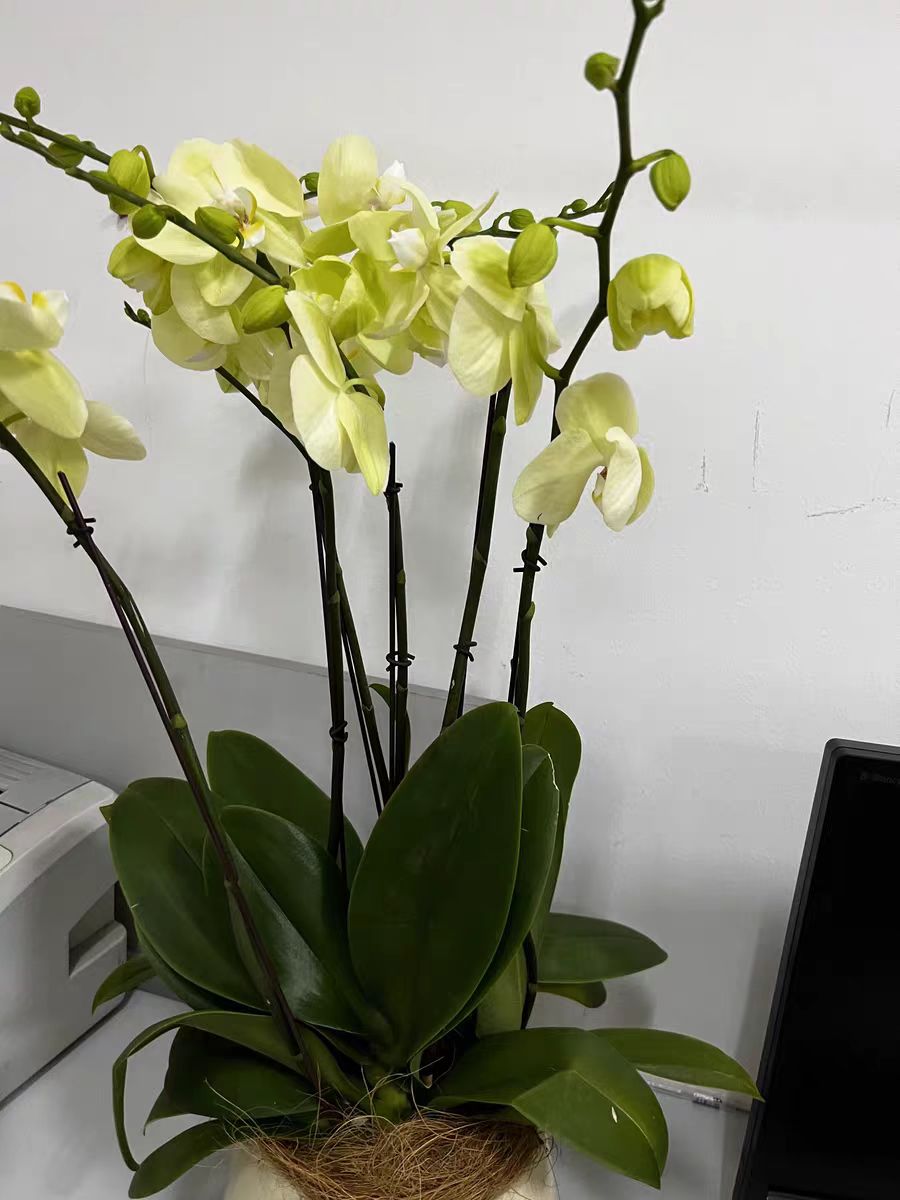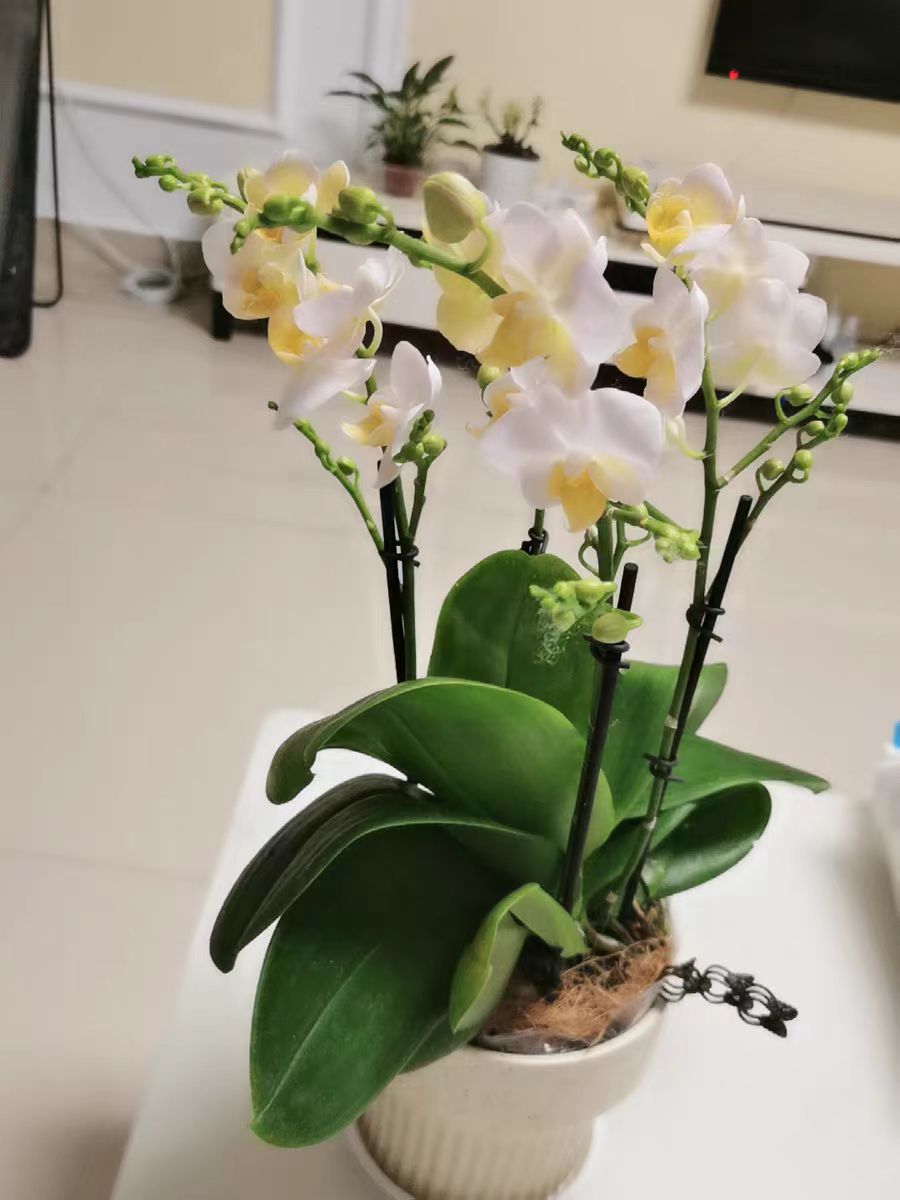When the scorching sun shines brightly on the earth in summer, a sudden rain may bring a moment of coolness, but for some plants, this may be a disaster. Bulbous lilies, clematis with fleshy roots, columbine that blooms in early spring, and hibiscus syriacus are plants that are afraid of getting rained on in summer.
Lily, with its pure and beautiful flowers, often symbolizes nobility and elegance in people's hearts. Bulbous lilies are relatively strict in their water requirements during the growth process. The summer rain often comes suddenly and violently. Excessive rain will make the bulbs stay in a wet environment for a long time, which is easy to cause the bulbs to rot. Lilies like to grow in well-drained soil. Appropriate watering can meet their growth needs, but excessive rain will put them in a difficult situation. In summer, when taking care of lilies, special attention should be paid to avoiding excessive rain. You can choose to plant them in a sheltered place or take protective measures for them in time when it rains.
Clematis, clematis with fleshy roots is extremely sensitive to moisture. Heavy rain in summer may cause water to accumulate in the soil, which in turn will affect the breathing of clematis roots and lead to root damage. Clematis needs to be kept moderately moist during the growth process, but excessive moisture will cause diseases. In order to let clematis grow healthily in summer, you should choose loose and breathable soil and ensure good drainage. When it rains, you can move clematis to a sheltered place or build a simple rain shelter to avoid it being directly rained on.
Columbine blooms gorgeous flowers in early spring. However, in summer, columbine becomes extremely fragile. Its water demand will relatively decrease in summer. Excessive rain will make the soil too wet and easily cause root diseases. Columbine likes a cool and dry environment. The high temperature and rainy weather in summer are a challenge for it. When taking care of columbine, pay attention to avoiding it being rained on. You can choose to plant it in a place with high terrain and good drainage. At the same time, control the amount of watering and keep the soil moderately dry.
Hibiscus syriacus, with its small and exquisite flowers dotted on the branches like stars, brings freshness and vitality. But in summer, hibiscus syriacus is also afraid of getting rained on. Excessive rain will damage the flowers of hibiscus syriacus and affect its ornamental value. Moreover, rainwater easily makes the branches and leaves of hibiscus syriacus too wet and increases the occurrence probability of pests and diseases. When taking care of hibiscus syriacus in summer, you can place it in a well-ventilated and sheltered place to avoid being directly rained on. At the same time, trim the damaged branches and leaves in time to keep the plant clean and healthy.
These plants that are afraid of getting rained on in summer need our more careful care. When choosing a planting location, consider drainage conditions and rain protection measures. Tools such as sunshade nets and rain shelters can be used to provide protection for plants. At the same time, pay close attention to weather changes and take corresponding protective measures in time before it rains.
In addition to avoiding getting rained on, the care of these plants in summer also needs to pay attention to other aspects. For example, control the amount of watering to avoid the soil being too wet; maintain good ventilation to reduce the occurrence probability of pests and diseases; appropriate fertilization can be carried out to provide sufficient nutrients for plants.
What are the flowers that are afraid of getting rained on?

Share with
Tagged in :




Leave a Reply